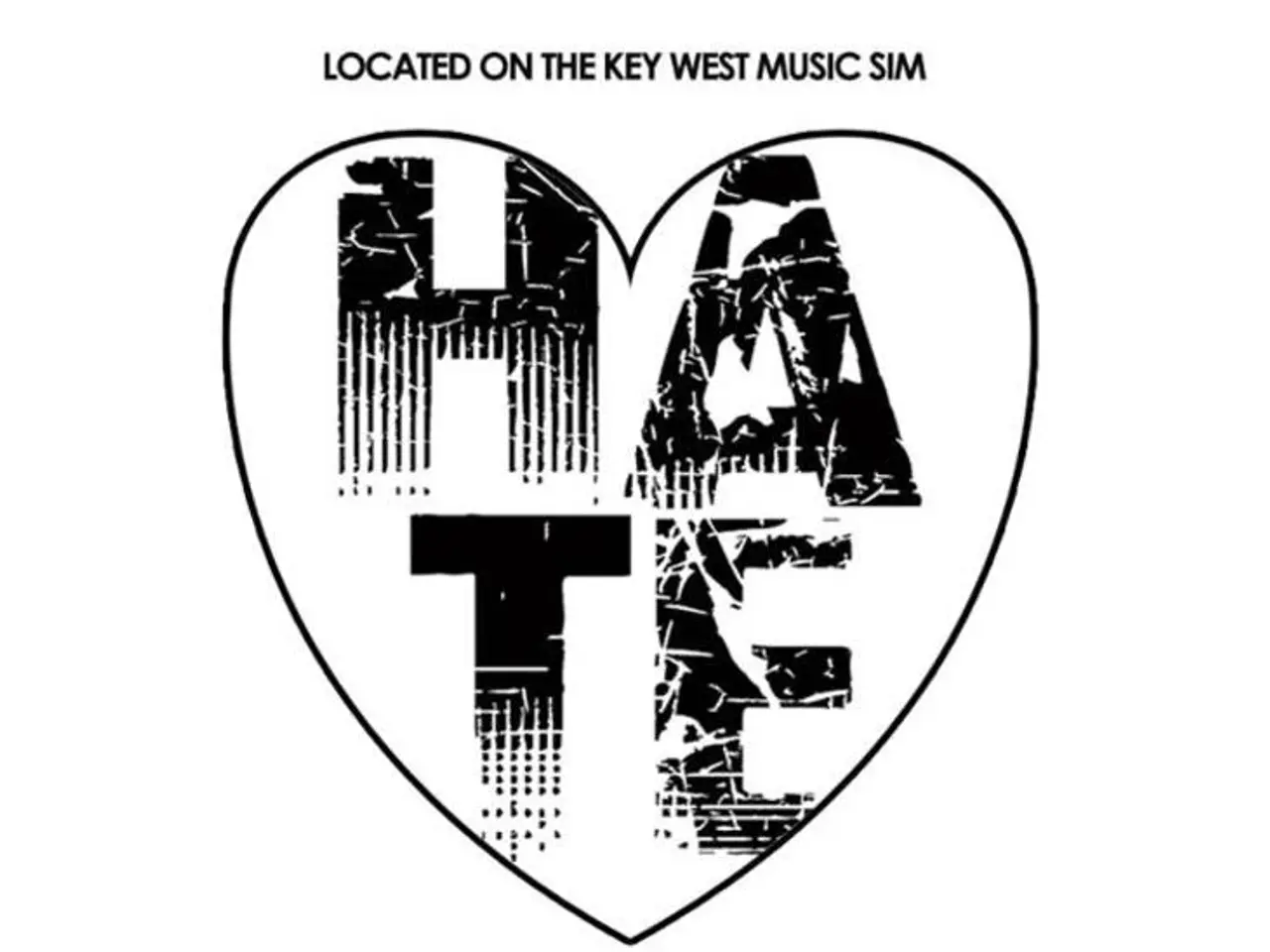Can a Naturalized Refugee Still Deny Family Reunification for Their Parents?
Is a naturalized refugee permitted to retrieve his biological parents?
In a surprising turn of events, the Berlin Higher Administrative Court has ruled that a naturalized refugee, even if they were a minor refugee to begin with, cannot bring in their parents through family reunification. Initially, this decision contradicted an administrative court's previous ruling, but it has since been upheld by the higher instance.
The case in question revolves around a man who arrived in Germany as an unaccompanied minor refugee in 2015 and was granted asylum. In 2022, he was granted German citizenship through naturalization, but the Foreign Office had initially rejected the family reunification visa application filed in 2017 because his refugee status had been revoked upon naturalization.
However, the administrative court initially ordered the Federal Republic to issue the visas, citing that the practical effectiveness of EU law requires preserving an existing claim to family reunification, even after naturalization. This decision was later overturned by the Higher Administrative Court in Berlin-Brandenburg, as stated in a court announcement.
The OVG declared that the European Family Reunification Directive no longer applies with the acquisition of German citizenship and EU citizenship. This decision means that the case law of the European Court of Justice, which generally allows reunification even after adulthood if the refugee was a minor at the time of asylum application, no longer pertains to this particular case.
As more refugees face restriction on family reunification due to integration challenges and policy changes, the recent ruling highlights the evolving legal landscape in Germany. However, the specifics of each case may still play a significant role in determining the outcome. It is highly recommended to consult with legal experts or relevant authorities before attempting a family reunification application, as policies and regulations can change rapidly.
[1] ntv.de, jwu/AFP[2] Migration Policy Institute[3] Red Cross and Red Crescent Movement in Europe[4] German Federal Ministry of the Interior, Building, and Community[5] Europa.eu
The Berlin Higher Administrative Court's ruling states that even if a naturalized refugee, initially a minor refugee, seeks family reunification, the European Family Reunification Directive no longer applies with the acquisition of German and EU citizenship. This decision overturns the initial ruling that preserves an existing claim to family reunification after naturalization.
In the changing landscape of family reunification for refugees in Germany, it is crucial to consult legal experts or relevant authorities before making an application, as policies and regulations can undergo rapid changes.








